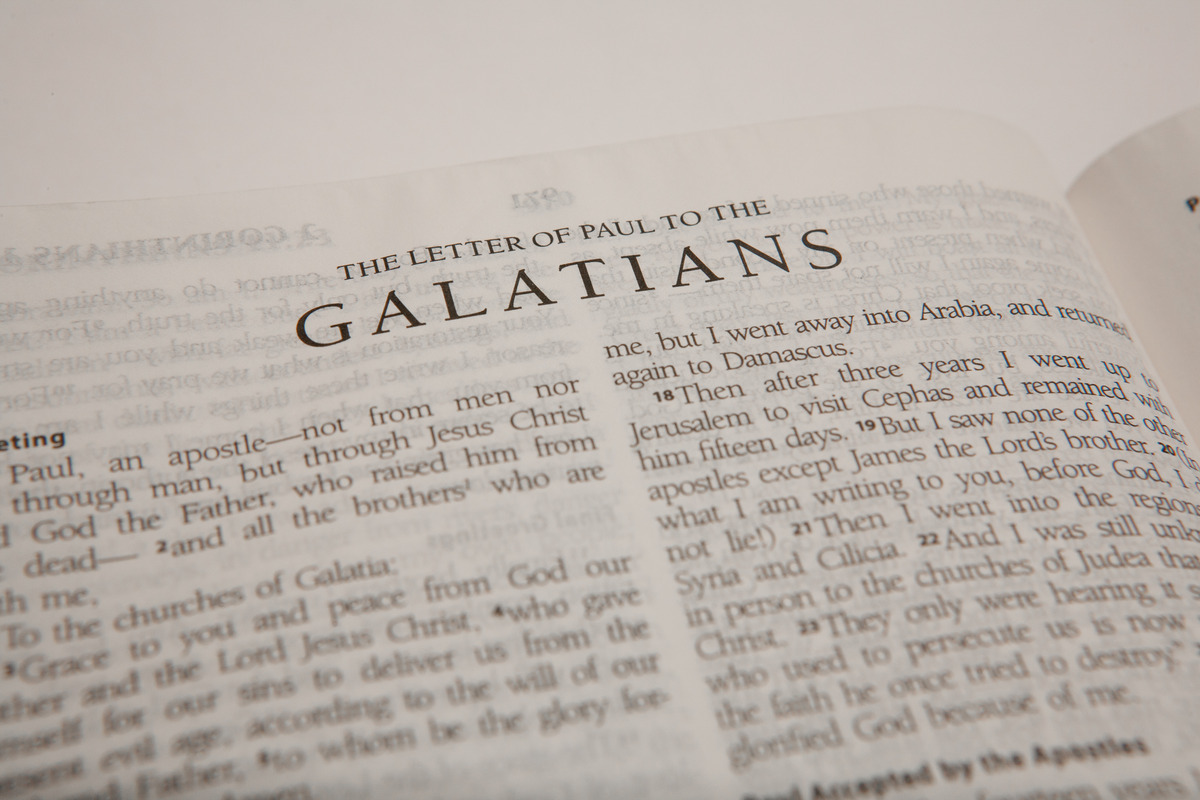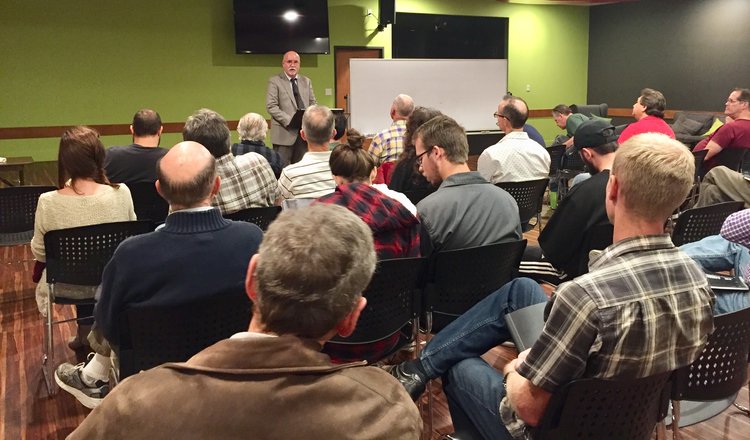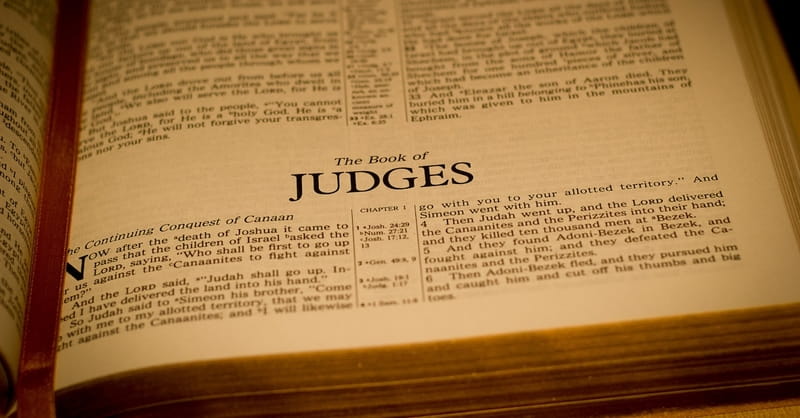"For Freedom" -- Galatians 5:1-6
 Tuesday, January 8, 2019 at 09:30AM
Tuesday, January 8, 2019 at 09:30AM 
The Ninth in a Series of Sermons on Galatians
If anything is worth fighting for it is freedom–especially Christian freedom. In defense of Christian liberty, Paul issues a stern warning to the Galatians. Anyone who seeks to be justified by obedience to the law of Moses, through receiving circumcision, through keeping of Jewish dietary laws, or observing the Jewish religious calendar will come under God’s curse and fall from grace. Those who seek to be justified by observing what Paul calls the “basic principles of the world,” place themselves in grave danger. In Galatians 5:1-6, Paul builds his case against the Judaizers, contrasting their campaign of enslavement to the law with Christian liberty in Christ.
In the first four chapters of Galatians, Paul raised a number of doctrinal matters. Beginning in chapter 5, we move into what many identify as the “practical section” of this letter, taking up first the important matter of Christian liberty. While Paul changes focus a bit from doctrine to practice (the application of doctrine to specific situations), the apostle continues to set out clear contrasts between opposing positions. Paul is quite fond of antithesis (contrast) as a rhetorical critique and he uses it repeatedly.
Following up his analogy between Hagar and Sarah in Galatians 4:21-4:31, when Paul turned the Jewish understanding of redemptive history on its head, in Galatians 5:1-6, he contrasts faith and works yet again, showing how opposed they are when it comes to the justification of sinners. To seek to be justified by good works and human merit is to desire theological slavery. This is a very serious error since Jesus Christ came for the purpose of setting us free from bondage to sin and the law. In verse 1 of chapter 5 Paul begins with the assertion, “for freedom Christ has set us free.” This is where the Christian life begins. We will spend our time fleshing out the meaning of this important assertion in some detail.
If obeying the law of Moses as a means of justification is “bondage,” because doing so places one under the law’s demand for perfect obedience thereby making one subject to the law’s curse upon violation of any of its commands, then, it is justification by grace alone through faith alone on account of Christ alone that Paul has in mind when he speaks of freedom. To be justified (given a “right” standing before God) is to be free from the curse of the law because Christ became a “curse” for us (Gal 3:13). We are also freed from the yoke of slavery to which law-keeping subjects us. Jesus came to set us free, not enslave us to the law. All of the Protestant Reformers agreed upon this point and its importance. To speak about justification was not enough. If Christian liberty was not the defining characteristic of the Christian life, then the doctrine of justification was not clearly understood.
It is highly likely that the Judaizers were asking their converts to take upon themselves the “yoke of the law of Moses” as a means of demonstrating their full commitment to the religion of Israel. It is also likely that Paul is throwing their own words back at them, calling obedience to law as a means of justification, a yoke of slavery when, in the second half of verse 1, he commands the Galatians “stand firm therefore, and do not submit again to a yoke of slavery.” The Rabbinic description of the law as a yoke which the children of Abraham must take upon themselves, may also be behind the meaning of our Lord’s words of comfort in Matthew 11:30–“my yoke is easy and my burden is light.” The freedom of which Paul is speaking is “the freedom belonging to the heir, the natural son, the child of the free woman,” which Paul just set out in the analogy of the preceding verses in which Paul took the proof-texts the Judaizers were using regarding the Abraham story, and showed that these texts actually support Paul’s doctrine of justification.
To read the rest of this sermon: Click Here









